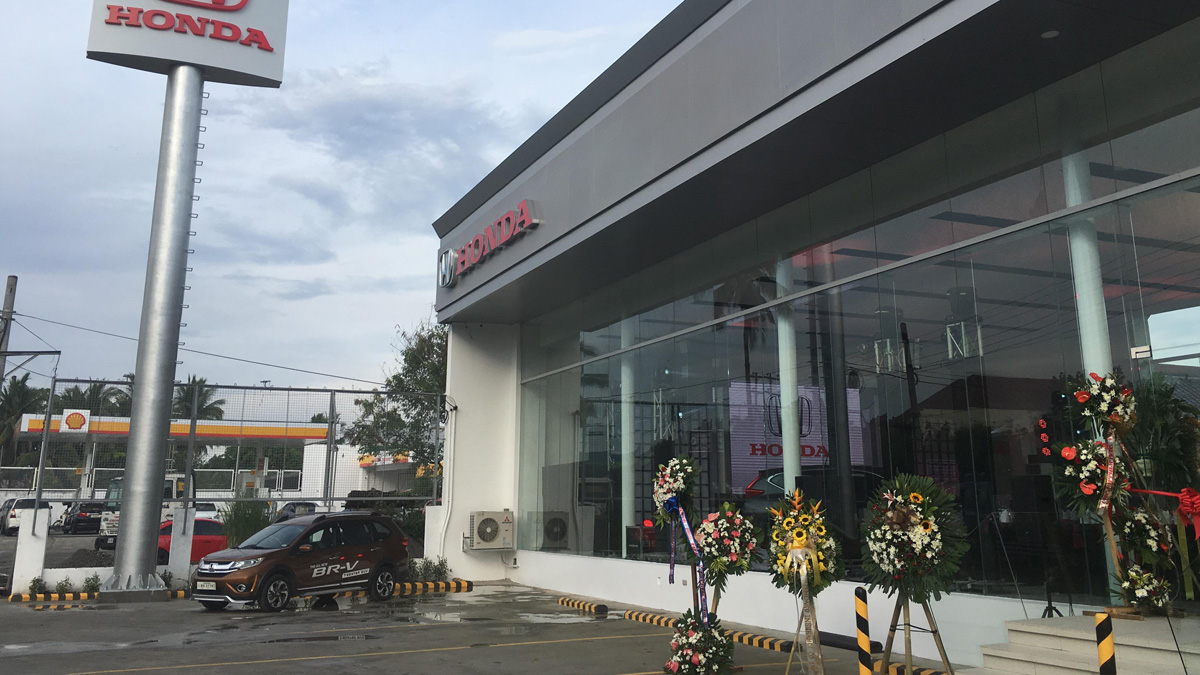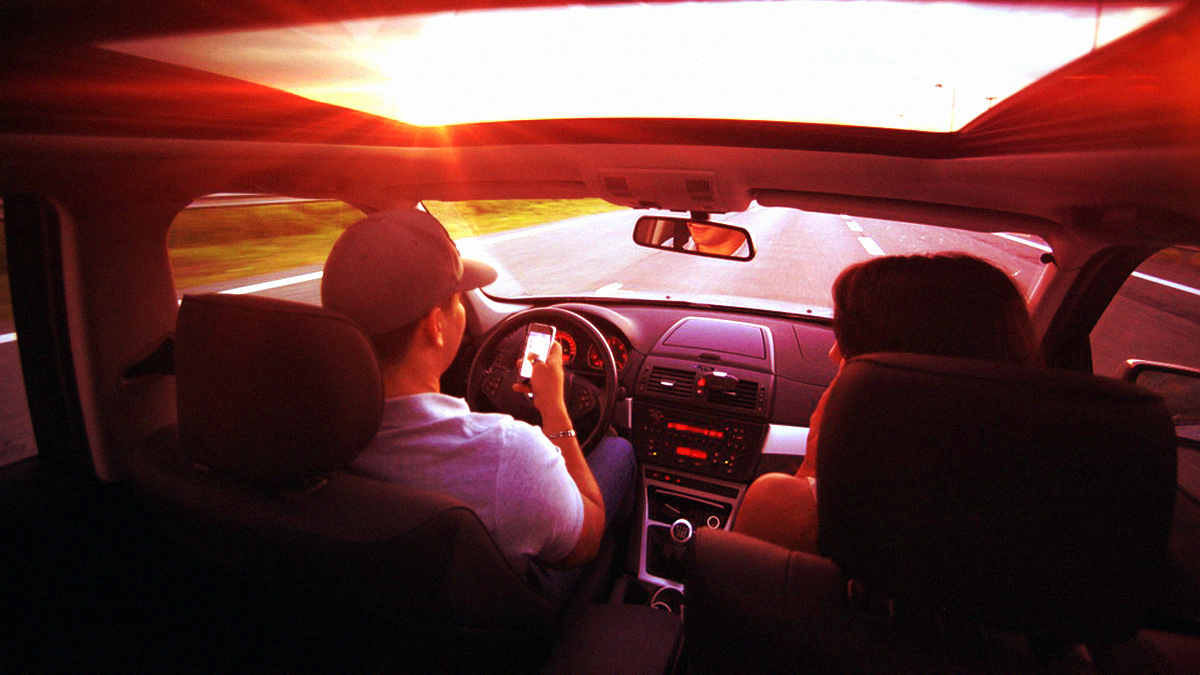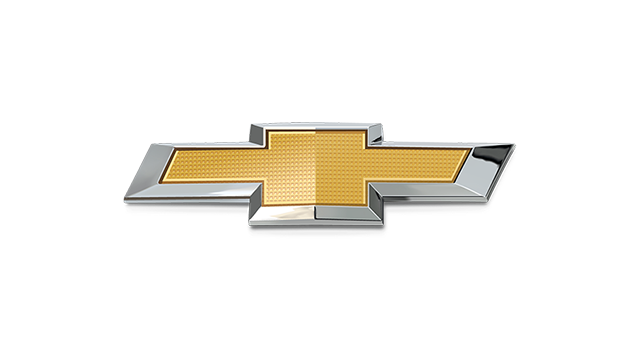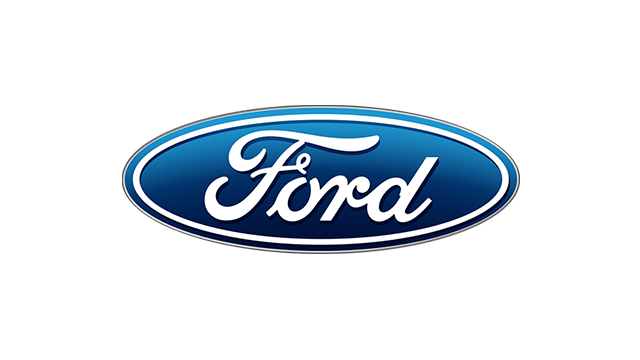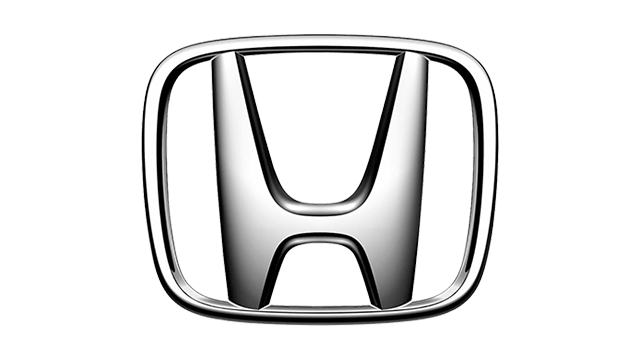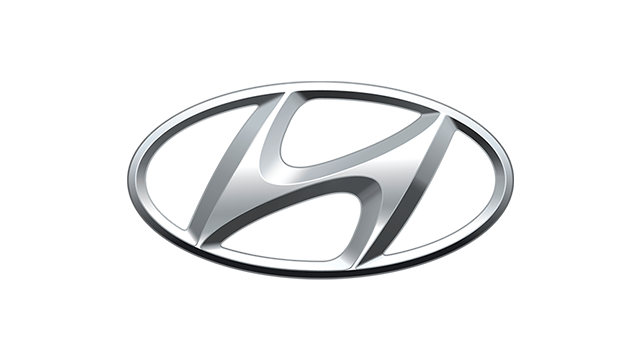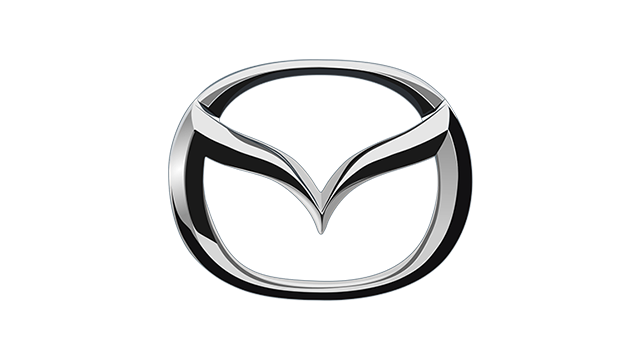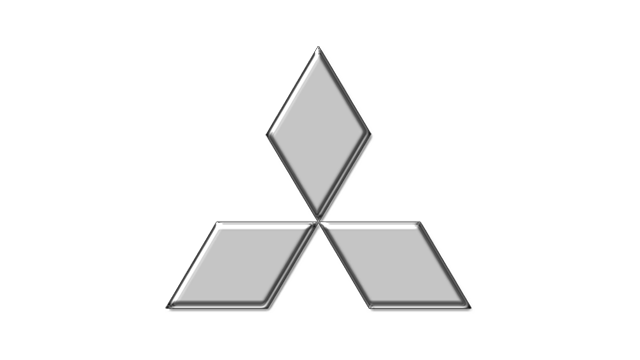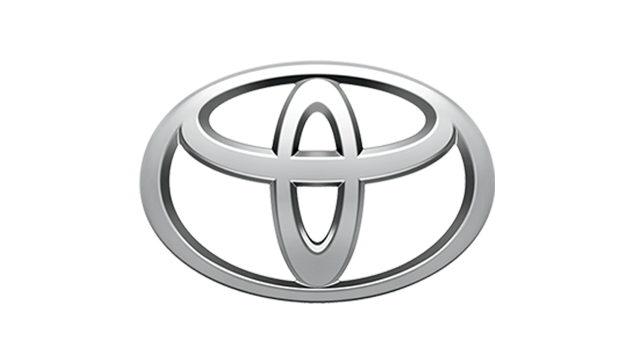In this fluctuating economic climate, one of our recurring dreams is that of opening our own car dealership. We can picture ourselves now: Our own boss, walking amid a sea of automobiles, the virtual sound of cash registers
Coincidentally, one of our readers recently asked us, “what does it actually take to own a dealership?” Honestly, there is no hard and fast answer. Here are a few tips to get you started:
OTHER STORIES YOU MIGHT HAVE MISSED:
PH fuel price update: Gas up P0.95/L, diesel down P0.20/L this week
MMDA: With “easing” in traffic observed, malls may now resume normal operating hours
1) Dealer allocation is one of the industry's best-kept secrets
Dealer allocation is one of the most guarded secrets of any car distributor. Distributors are manufacturers or importers that bring the car in or produce them for local consumption. Dealers are franchises that operate dealerships, usually through their owners, or what the industry calls “dealer principals.”
In order to open a dealership, you will need to submit a letter of intent to a distributor telling them that you are ready and willing to open one, and to propose the terms of the arrangement.
The reason why there’s no information regarding this process is that this is considered a trade secret by the distributor. In fact, my sources only agreed to speak to me on the condition that their identities be kept secret. This makes sense as the requirements are integral to the business operations of each distributor.
2) You need cold hard cash (a lot of it) and a good location (sometimes)
So what do you exactly need to open a dealership? It depends on the brand you want to open. For example, it is clearly more expensive to open a dealership for a luxury brand.
The reason for this is that your starting inventory of cars will cost more than your run-of-the-mill Japanese or Korean cars. Not only that, but the brand’s corporate identity (CI) might require that your establishment complies with international standards, which means, of course, added cost on your part as you can’t just have it designed the way you want.
Need an example of a CI? Check out the signage of Toyota dealerships. The sign is red on an aluminum background, and the dealership is permeated with the same motif and color scheme throughout.
With this in mind, your costs will drastically change depending on the brand. For example: According to one source, you can expect to spend P50-70 million on just the franchise alone. This amount does not include the assets you’ll need (land, service area, initial inventory, etc.).
Another source told me that P500 million would generally be a safe amount to set aside. The price will be mitigated if you have your own location in a high-traffic area without competing dealers from the same brand, as this could incentivize the distributor to subsidize some of the cost of the dealership through leasing agreements.
The rest of the money would also cover dealer systems, such as service equipment and SAP for sales monitoring and inventory systems.
3) You will need to call dealer development
Okay, you have the money, the land, and the will to succeed. Who do you talk to?
That would be dealer development. This is the quiet side of marketing. They work in the background and do regular forecasting as to the needs of the brand. You may not see them in public events as often, but they are an integral part of the process.
You will need to set a meeting with them to express your intent. It helps if you know someone from the inside so that you can throw out the idea ahead of your meeting, ensuring that the agenda is set.
4) The approval process and duration is completely dependent on the brand
So, you’ve had your meeting and given your letter of intent, what now? Now, everything is completely dependent on the brand.
Some brands will readily approve your application and start the accreditation and awarding system, while others will scrutinize your proposal with a fine-toothed comb. What they are doing is making sure that your proposal is feasible and that it will be beneficial for the brand.
Sometimes this can take a few months, other times, it may take years. But anything worth fighting for is worth waiting for right?
5) Some brands are more open and willing
Some brands are more open to new franchises, while others are stricter and have more stringent requirements. For example, there is a certain mass-market brand out there that demands exclusivity. If you have a dealership of any other brand, you will not be allowed to open one for the said mass-market brand.
These rules are just part and parcel of the industry. After all, it is the name of the brand on the line when they choose to award (or decline) you a dealership.
6) Sales and aftersales are directly correlated with your potential profit
Congratulations! You have a dealership! But remember: Running it is not a task to be taken lightly. Some have been known to turn a profit in as little as four years, while others shut down and disappear without ever turning a peso in profit (some Chinese brands come to mind). It is the quality of your sales and
When you ask your friends where you should bring your car
True, a dealership might cost a lot of money, but it is having a good reputation that is far harder to build and oh so easy to tear down. All it takes is one bad social media outburst, one viral video, and all that you have worked for may come crashing down in an instant.
Now, all we need to do is win the lotto maybe two times over and maybe, just maybe, we will have the opportunity to open a dealership of our own.

